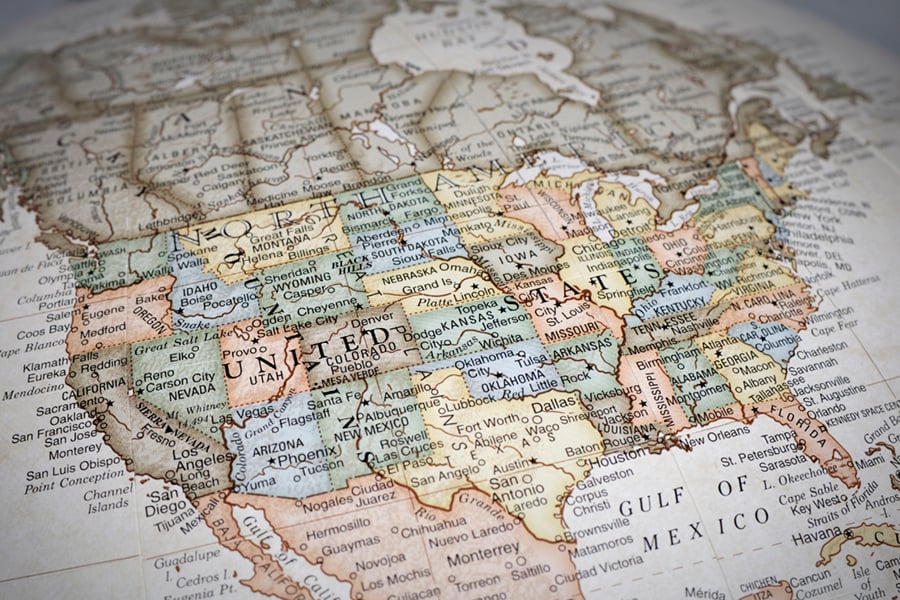

Every issue seems political these days. It’s either red or blue, and either way it inevitably turns into a cable TV shouting match.
That’s why this week’s On Planning column is focusing on a bipartisan, purple matter that everyone can all agree on: state auto-IRAs for private-sector workers.
May was a banner month for state auto-IRAs and other initiatives to help private-sector workers save for retirement. Missouri and Arizona legislatures announced they are considering new bills encouraging these savings programs while California’s lawmakers said they will look to expand the state's existing ones. And even the Hawaii legislature recently passed and sent to the governor a bill establishing a new employee opt-in IRA program.
From coast to coast, state legislatures are taking up the issue, although some not quickly enough considering the vast majority of Americans (72%) agree that state-facilitated retirement programs are a good idea, according to the National Institute on Retirement Security. Furthermore, there's high support across generational lines, with support highest among millennials (78%).
As 2021 ended, more than 20 states and cities had introduced legislation to establish new programs or form study groups to explore their options, according to Georgetown University’s Center for Retirement Initiatives. Since 2012, at least 46 states have acted to implement a new program, study program options, or consider legislation to establish state-facilitated retirement savings programs.
At last check, there are 14 states and 2 cities that have programs in place for private-sector workers incorporating one or a combination of these four models: auto-IRA (employer participation required if no plan is already offered), payroll deduction IRA (voluntary), multiple employer plan or MEP (voluntary) or marketplace (voluntary).
So what’s taking the rest of the state legislatures so long to get their programs up and running?
As evidenced by what’s happening in Pennsylvania — a purple state if there ever was one — it’s only a matter of time.
In early May, the Keystone State saw the Keystone Saves Coalition, a group of business and civic organizations state-wide, sign a petition pressing for the Keystone Saves Program, which will enable employers to provide state-facilitated retirement plans to their employees at no cost by setting up a simple payroll deduction. Enrollees in the public-private program will have the option to make regular payroll contributions to fund professionally managed individual retirement accounts in a manner like Pennsylvania’s 529 College Savings Plan.
Joe Torsella, Pennsylvania’s former treasurer, got the ball rolling back in 2018 when he called for the issue to be studied. Said Torsella at the time, “Almost half of our private sector workforce — approximately 2.1 million Pennsylvanians in our state alone — lacks access to retirement savings plans through their employers.”
Then in December 2021, members of the Keystone Saves Coalition joined current Treasurer Stacy Garrity at the Capitol in Harrisburg to support the introduction of legislation to enact the auto-IRA program.
Torsella, for the record, is a Democrat. Garrity, on the other hand, is a Republican.
Who can argue with that?

Relationships are key to our business but advisors are often slow to engage in specific activities designed to foster them.

Whichever path you go down, act now while you're still in control.

Pro-bitcoin professionals, however, say the cryptocurrency has ushered in change.

“LPL has evolved significantly over the last decade and still wants to scale up,” says one industry executive.

Survey findings from the Nationwide Retirement Institute offers pearls of planning wisdom from 60- to 65-year-olds, as well as insights into concerns.
Streamline your outreach with Aidentified's AI-driven solutions
This season’s market volatility: Positioning for rate relief, income growth and the AI rebound
